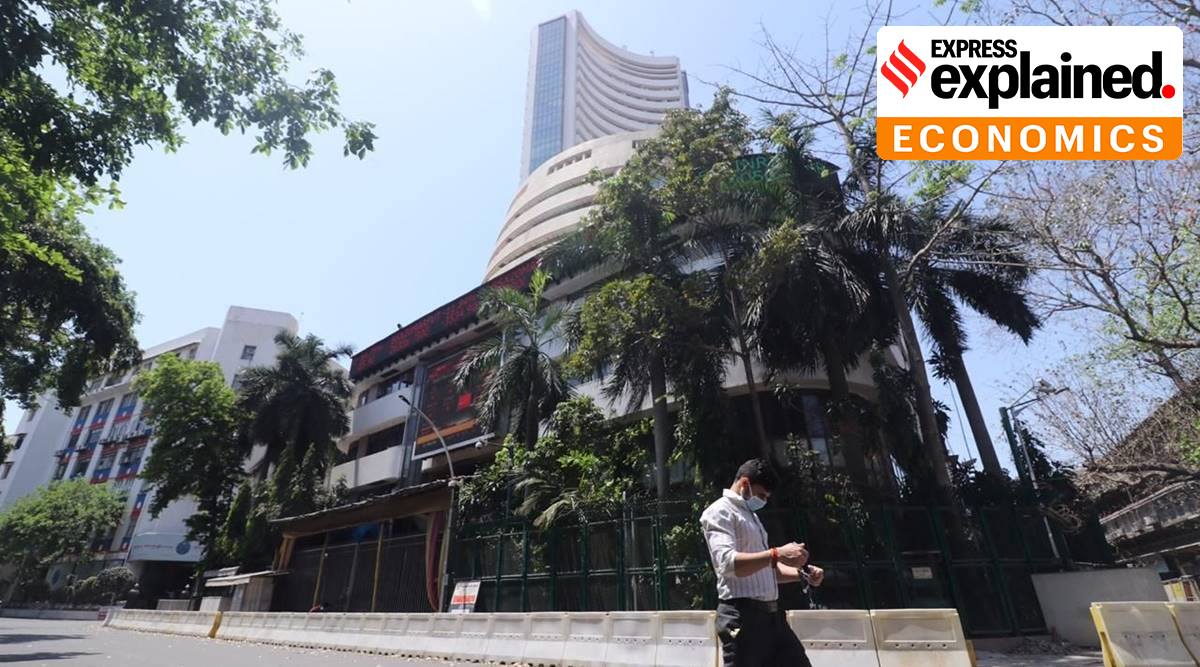Nigeria's Petrol Market: Dangote Refinery And NNPC Price Dynamics

Table of Contents
The Current State of Nigeria's Petrol Market
Nigeria's petrol market is currently characterized by a heavy reliance on imported petroleum products. This dependence leaves the nation vulnerable to global price fluctuations and geopolitical instability, leading to frequent price adjustments and, often, fuel scarcity. The government's petroleum subsidy scheme, intended to cushion the impact of high prices on consumers, has placed a significant burden on the national budget and has been a subject of ongoing debate.
Key challenges facing the Nigerian petrol market include:
- Fuel scarcity: Periodic shortages lead to long queues at filling stations and disruptions to various sectors.
- Price hikes: Fluctuating international oil prices and the Naira's exchange rate directly impact fuel costs, often leading to sudden price increases.
- Smuggling: Illegal cross-border fuel trade undermines government revenue and exacerbates supply issues.
- Infrastructural limitations: Inadequate storage facilities and pipeline networks contribute to distribution bottlenecks.
- Corruption: Illegal activities within the sector further complicate the market and drive up prices.
The NNPC, as the primary player, plays a crucial role in pricing mechanisms and import management. While precise import volume and cost figures fluctuate, the NNPC's dominance has historically limited competition and price transparency in the market. Keywords: fuel scarcity, NNPC pricing, petroleum subsidy, import costs.
The Dangote Refinery: A New Era in Refining?
The Dangote Refinery, with its massive capacity to process 650,000 barrels of crude oil per day, represents a potential turning point for Nigeria's petroleum sector. This colossal facility, the largest single-train refinery in the world, is expected to significantly increase local refining capacity and reduce the nation's reliance on costly imports.
The expected impacts of the Dangote Refinery include:
- Increased local refining capacity: A substantial reduction in Nigeria's dependence on imported refined petroleum products.
- Job creation: Thousands of direct and indirect jobs are expected to be created across the value chain.
- Reduced import bills: Lower foreign exchange expenditure on petroleum imports will free up resources for other developmental projects.
- Price competition: The introduction of a major private player is expected to stimulate price competition and potentially lead to lower consumer prices.
However, challenges remain:
- Feedstock availability: Securing a consistent supply of crude oil for processing is crucial for sustained operations.
- Distribution infrastructure: Efficient distribution networks are needed to ensure the refinery's output reaches consumers across the country.
- Operational efficiency: Maintaining optimal operational efficiency and minimizing downtime are critical for maximizing output.
- Competition with NNPC: The existing power structure and potential resistance from the NNPC could create challenges for the new entrant. Keywords: Dangote Refinery capacity, local refining, import substitution, price competition, refinery operations.
NNPC's Response and Price Dynamics
The NNPC's response to the Dangote Refinery's entry will significantly influence the future dynamics of the Nigeria petrol market. The NNPC may adopt several strategies, including:
- Price reductions: To maintain market share, the NNPC might respond with competitive pricing.
- Increased market share competition: A potential price war could ensue as both players vie for market dominance.
- Strategic alliances: Collaboration between the NNPC and the Dangote Refinery could lead to synergies and efficient resource allocation.
- Government intervention: Government regulations and policies will play a crucial role in shaping the competitive landscape.
The interplay between these strategies, alongside government regulations, will heavily influence fuel price adjustments and the overall market structure. Keywords: NNPC strategy, price competition, government regulation, market share, fuel price adjustments.
Impact on Consumers and the Nigerian Economy
The Dangote Refinery's impact on consumers is expected to be primarily positive, with potential benefits including lower fuel prices and increased fuel availability. This will have a ripple effect across the economy, reducing transportation costs, lowering the prices of goods and services, and potentially stimulating economic growth.
Broader economic implications include:
- Reduced import costs: Saving foreign exchange currently spent on petroleum imports.
- Increased GDP: Boosting economic activity through increased investment and consumer spending.
- Job creation: Generating employment opportunities across the petroleum sector and related industries.
However, the impact on smaller players in the market remains uncertain. Some smaller players might face challenges competing with the scale and efficiency of the Dangote Refinery and the NNPC. Keywords: consumer impact, economic benefits, GDP growth, job creation, market competition.
Conclusion
The Dangote Refinery has the potential to revolutionize Nigeria's petrol market, significantly reducing import dependence and creating a more competitive landscape. The interplay between the Dangote Refinery and the NNPC's pricing strategies will be critical in determining future fuel prices and the overall health of the Nigerian economy. Understanding this dynamic is essential for navigating the evolving market and anticipating its impact on consumers and the nation as a whole. Stay updated on the evolving Nigeria petrol market landscape, as the interplay between the Dangote Refinery and NNPC continues to shape fuel prices and the national economy.

Featured Posts
-
 Go Compare Pulls Wynne Evans Ads Following Sex Slur Controversy
May 10, 2025
Go Compare Pulls Wynne Evans Ads Following Sex Slur Controversy
May 10, 2025 -
 Sensex At 1400 Points Nifty At 23800 Understanding The Indian Markets Upswing
May 10, 2025
Sensex At 1400 Points Nifty At 23800 Understanding The Indian Markets Upswing
May 10, 2025 -
 Oilers Draisaitl Out Winnipeg Jets Matchup In Jeopardy
May 10, 2025
Oilers Draisaitl Out Winnipeg Jets Matchup In Jeopardy
May 10, 2025 -
 Nyt Spelling Bee April 4 2025 Clues Hints And Pangram
May 10, 2025
Nyt Spelling Bee April 4 2025 Clues Hints And Pangram
May 10, 2025 -
 Dijon Un Boxeur Convoque Au Tribunal Pour Des Faits De Violences Conjugales
May 10, 2025
Dijon Un Boxeur Convoque Au Tribunal Pour Des Faits De Violences Conjugales
May 10, 2025
